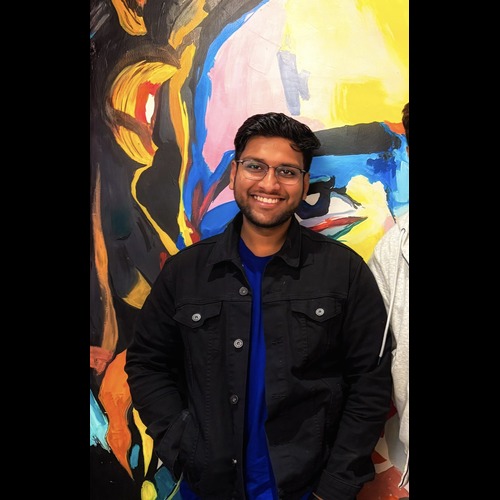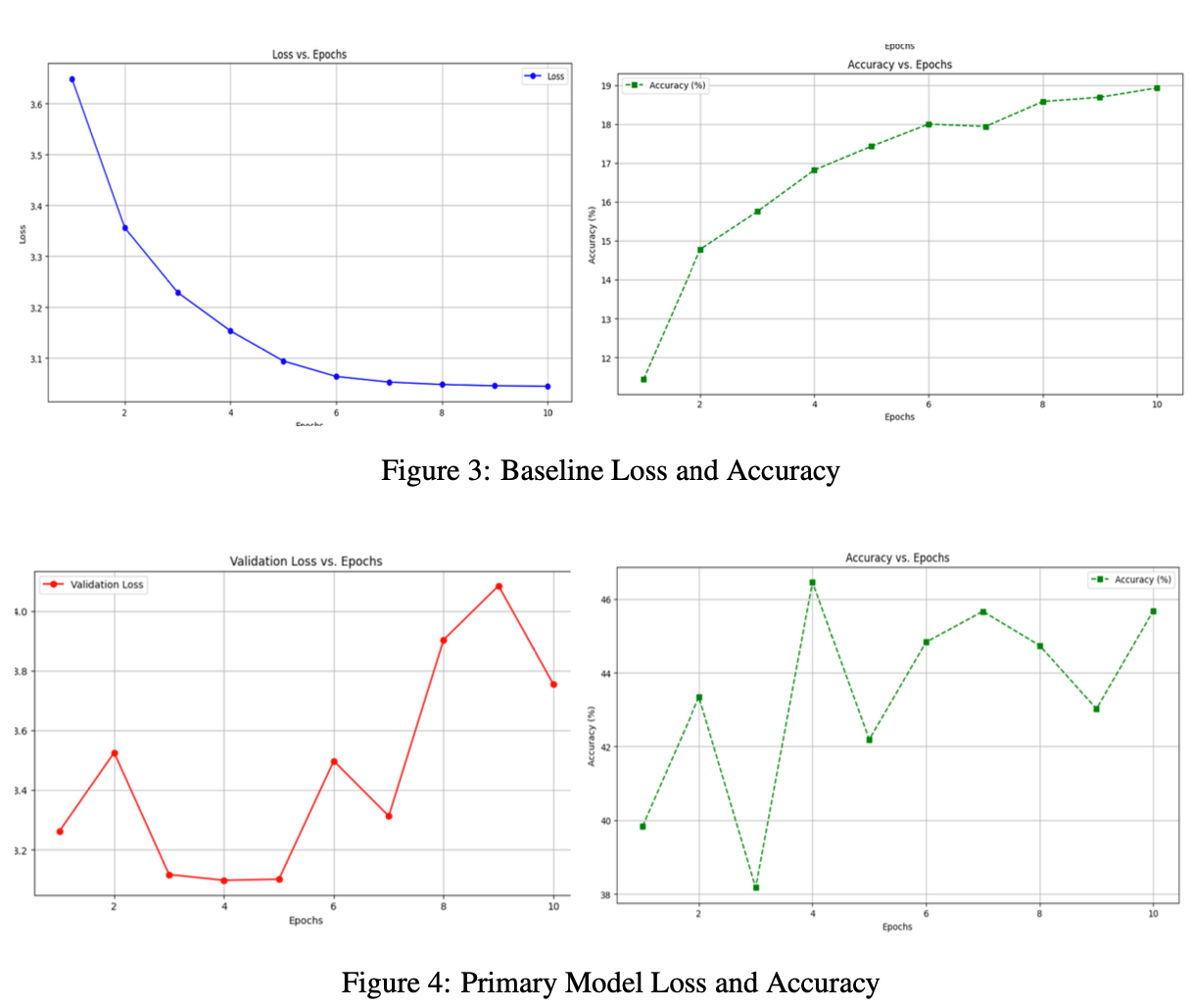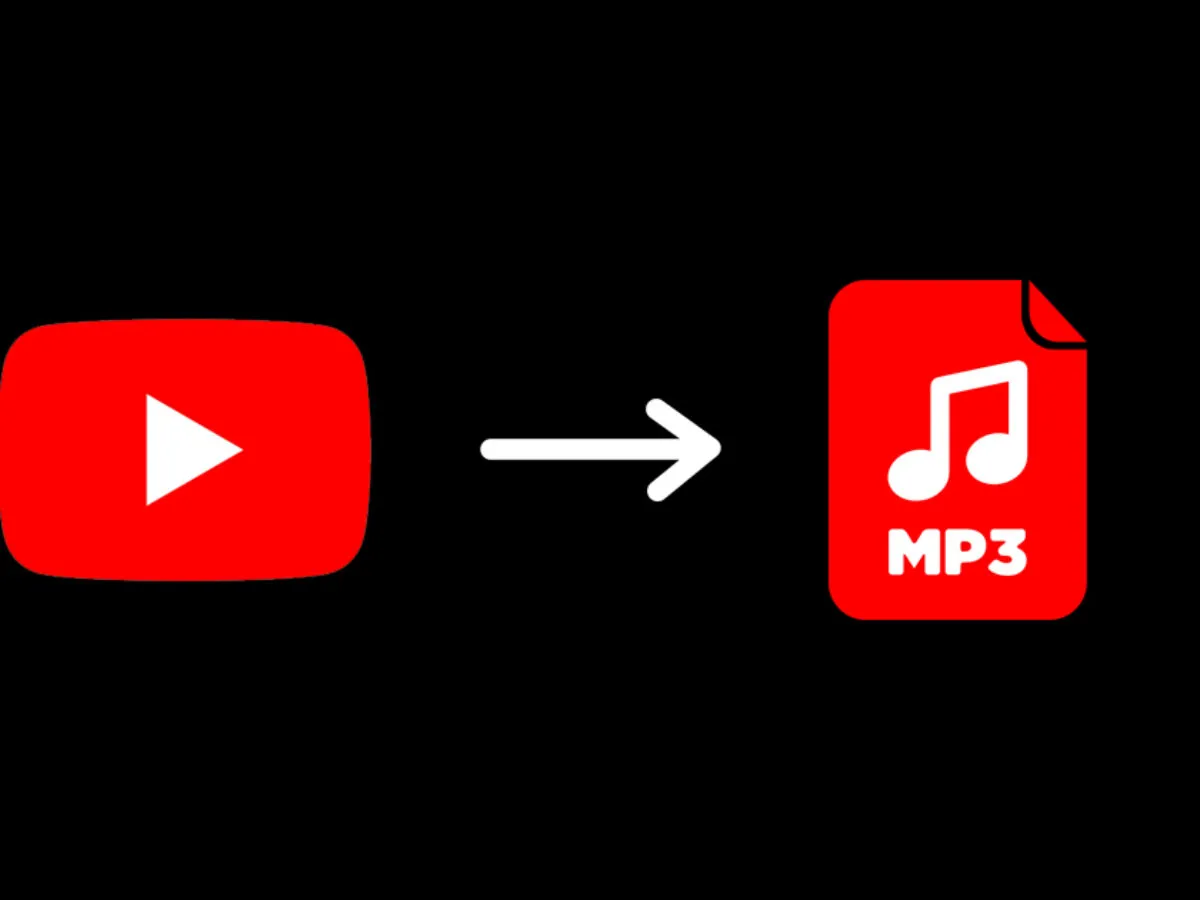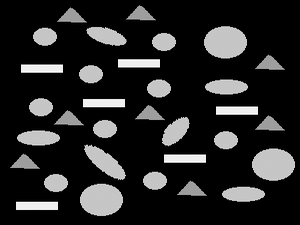Hi, I’m Ayush Ranjan from Madhubani, Bihar, India. I build practical AI and backend systems- the digital “bridges” that connect products and people. I earned my B.Tech in IT from Manipal University Jaipur and I’m completing an MS in CS at UC Santa Cruz.
As a Java Backend Engineer at Capgemini, I developed and maintained enterprise-level applications for Mercedes-Benz XDIS, focusing on diagnostics systems and data analytics tools. I successfully delivered multiple software features while implementing performance optimization and system reliability improvements.
I led a micro-frontend architecture project that earned 3rd place at Innocircle 2022, Mercedes-Benz's internal innovation hackathon. Our solution achieved a 50% reduction in topology review time, demonstrating strong problem-solving skills and technical leadership.
Currently pursuing advanced studies at UC Santa Cruz, specializing in Applied Artificial Intelligence, Retrieval-Augmented Generation (RAG), agentic workflows, and web automation agents. I gained hands-on AI research experience as an AI Research Intern in the Information Retrieval & Knowledge Management Lab under Prof. Yi Zhang.
Currently serving as a Graduate Researcher in the AI Explainability & Accountability (AIEA) Lab under Prof. Leilani H. Gilpin, focusing on Retrieval-Augmented Generation(RAG) and AI ethics.
My teaching experience includes serving as a Teaching Assistant for Database Systems (four quarters) and Software Engineering courses at University of California, Santa Cruz, developing strong communication skills and technical mentoring abilities.
I specialize in Backend Development and Applied AI with strong Full-stack Development capabilities. Whether you're building scalable enterprise systems, implementing AI-driven solutions, or developing production-ready applications, I bring proven experience in shipping high-quality software solutions.
Apart from studies, I'm a big fan of football (soccer)- both as a player and a spectator, and I find pure joy in the game. Beyond the field, I'm an avid reader of non-fiction, especially on technology and its impact on our world. I'm also deeply inspired by the Indian epics, the Mahabharata and the Ramayana, which I believe hold timeless wisdom and captivating tales. When I'm not chasing a football or immersed in a good book, you can often find me cooking something delicious.








